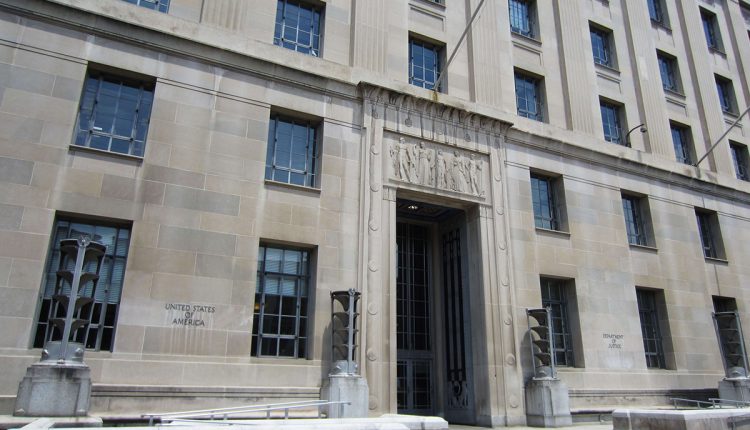
Justice Department Proposes New ADA Website Accessibility Rules for State and Local Governments
The Department of Justice (DOJ) is establishing technical standards for state and local governmental entities to make their websites and mobile applications accessible for people with disabilities. DOJ is revising its regulations under title II of the Americans with Disabilities Act (ADA). In addition, DOJ is adopting a private accessibility standard for web access, which is the Web Content Accessibility Guidelines (WCAG) 2.1 Level AA.
These requirements include making websites and mobile applications understandable by screen readers or similar assistive technology so the information can be accessible by individuals who are blind or have low vision. Technical standards include adding text descriptions of images and navigational links that facilitate using a screen reader. This proposal would also require captions on all videos and audio files on their websites. This will enable people who are deaf or hard of hearing to watch real-time presentations and other content.
DOJ is proposing different compliance dates by population size of the public entity. Public entities with a total population of 50,000 or more must comply with this standard in two years after the publication of this rule. Small public entities with a population of less than 50,000 would have three years to comply with these requirements.
In its RFA analysis, DOJ estimates that the costs are less than 1 percent of revenues for every small entity type. DOJ estimates the following average annual costs per small entity using a 3 percent discount rate: county ($9,601), municipality ($18,269), township ($15,135), and community colleges ($449,163).
Advocacy seeks feedback on the current accessibility of small governmental entities’ websites and mobile apps and compliance costs for different sizes of small governmental entities to comply with the new WCAG 2.1 AA standard. Advocacy also seeks feedback on the economic impact of this rule on small entities, such as any technical or budget constraints in complying with this rule. Advocacy would appreciate any feedback on regulatory alternatives that may minimize the costs of this rule, such as a longer compliance date or different technical standards for small entities or a subset of small entities.
Comments on the proposed rule are due on October 3, 2023.
- Read the proposed rule and submit comments.
- Read the Preliminary Regulatory Impact Analysis.
- Advocacy contact: Send an email to Janis Reyes at Janis.Reyes@sba.gov.
